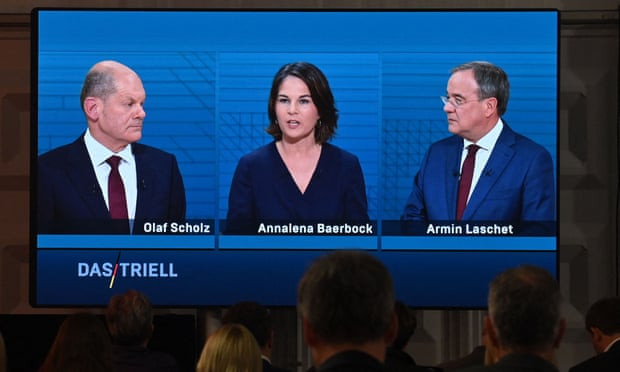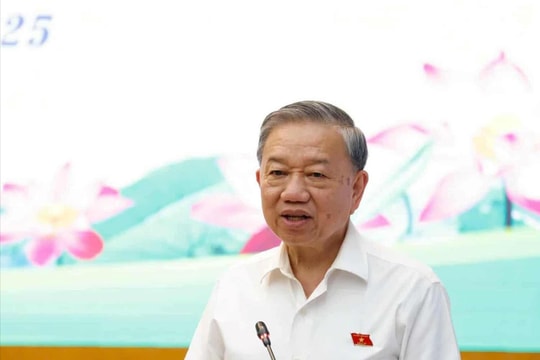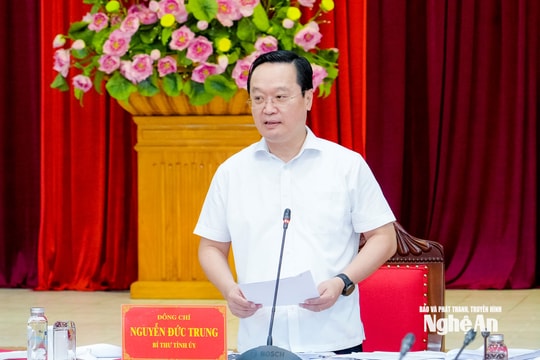The tight race for the position of German Chancellor
The candidates running for the German Chancellor position have just finished their final live debate. With one week left until the general election, the country's political parties are "racing against time" to gain more support from voters in the final stretch.
 |
| Germany's three leading candidates for Chancellor include Mr. Olaf Scholz of the Social Democratic Party (SPD), Ms. Annalena Baerbock of the Green Party and Mr. Armin Laschet of the Christian Democratic Union/Christian Social Union (CDU/CSU). Photo: DW |
On September 26, Germany will hold parliamentary elections to choose a successor to Chancellor Angela Merkel, who has led the country for four consecutive terms. The three candidates running for Chancellor include Armin Laschet of the Christian Democratic Union/Christian Social Union (CDU/CSU), Olaf Scholz of the Social Democratic Party (SPD) and Annalena Baerbock of the Green Party. The closer the election day gets, the narrower the scope of the debate between the three candidates will be, revolving around issues close to the lives of the German people, instead of distant foreign policies such as the Afghanistan issue, the situation in the European Union (EU), etc.
In the final live debate, the main topics discussed included the minimum wage, the climate crisis, and digitalization. The debate heated up when the candidates expressed different views on the minimum wage and policies to achieve social justice. The two candidates from the SPD and the Green Party called for a minimum wage of 12 euros per hour. Meanwhile, the CDU/CSU candidate strongly opposed the minimum wage of 12 euros, saying that wage negotiations were the task of unions. According to this candidate, it would be inappropriate to require different professions to impose a uniform wage.
The German parliamentary election has been tense and unpredictable. For many weeks, the support rates for the candidates of the parties have not been very different. However, after the final debate, the advantage is leaning towards the candidate Olaf Scholz of the SPD. 42% of respondents rated Mr. Scholz as having a convincing debate, while the support rates for Mr. Laschet and Ms. Baerbock are 27% and 25% respectively. According to experts, no party is currently capable of winning the election so strongly that it can form a government on its own.
The upcoming election is an important political event for the German people as they must choose a worthy replacement for Chancellor Angela Merkel. In the context of Europe's largest economy facing a series of difficulties, especially the effects of the Covid-19 pandemic, Ms. Merkel's successor will have to shoulder the heavy responsibility of steering the country through the storm.





.jpg)

.jpg)
